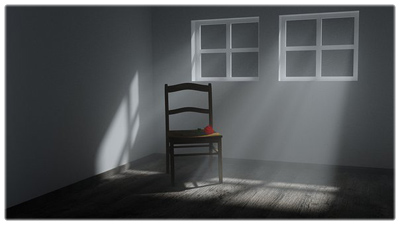
Friends,
Our family recently returned home from a much-needed time away on vacation. While skimming across our country’s interstates our car chimed and flashed a TPMS warning light. TMPS is “Tire Pressure Monitoring System.” At that moment, while I watched the little light flash, the steering wheel began to vibrate. The combined inputs into my neural pathways meant only one thing. I needed to get off the road quickly and check things out. Just prior to the exit, the vibrations went away, and I began to suspect they were actually coming from the roadway. After pulling into the gas station I checked the tire pressure and determined one was about two pounds lower than the others, but still within the safe range. With the problems identified and solved, we continued on our journey with no further issues. But it could have been a different story. Those warning lights serve an important purpose. They alert us to potential problems before they are really a problem and give us the time to take corrective action before a catastrophic vehicular event.
Of course, this post is not really about proper car maintenance. It is about life maintenance. I believe all of us have an LPMS. A Life Pressure Monitoring System. It’s just that some of us do not realize this is what we are feeling. We are like the person who puts tape on their check engine light to make it go away. The problem is out of sight and out of mind until the engine of life explodes.
What are your life warning lights? Indicators that tell you something is not right and you need to pause, assess, and correct. Maybe you find yourself irritable with people. Small things you would have brushed off you now can’t let go of. Perhaps, you find yourself mindlessly scrolling through social media, no longer looking at the posts, just scrolling, and scrolling and scrolling. Maybe you are snacking without thinking. Maybe you turn down chances to do things you know you love. The list could go on and on. What are your Life Pressure Monistory System lights and when they come on, what action do you need to take to correct your course and avoid a catastrophic life crash? Sometimes the correction can be as simple as getting up and taking a short walk outside or putting down the phone and picking up a book or just taking a nap.
Blessings,
Stephen
Giving Credit: Special thanks to Dr. Brian Russell, who planted the seed idea for this post.





 The Milk Can returns! After a needed break we are back. In 1 Corinthians Paul says some things are spiritual milk and other things spiritual meat. The Milk Can remains a quirky look at life and an encouragement for your week.
The Milk Can returns! After a needed break we are back. In 1 Corinthians Paul says some things are spiritual milk and other things spiritual meat. The Milk Can remains a quirky look at life and an encouragement for your week.

